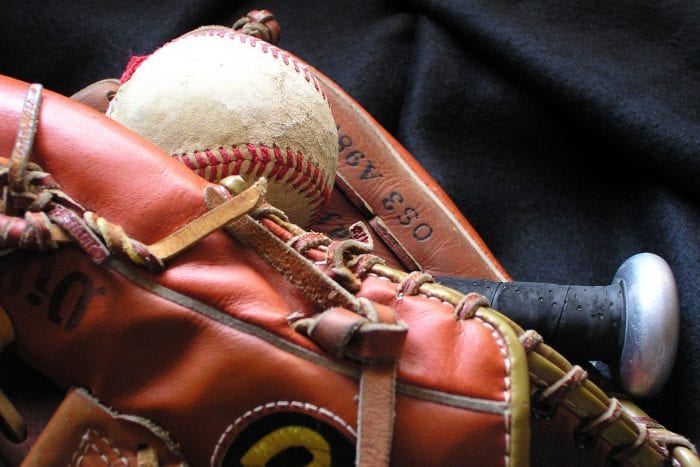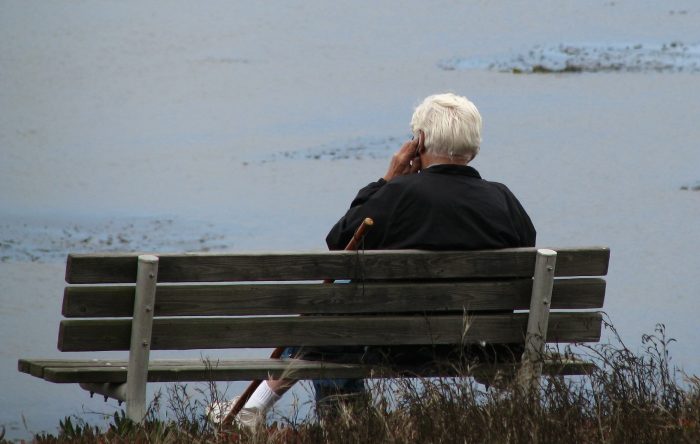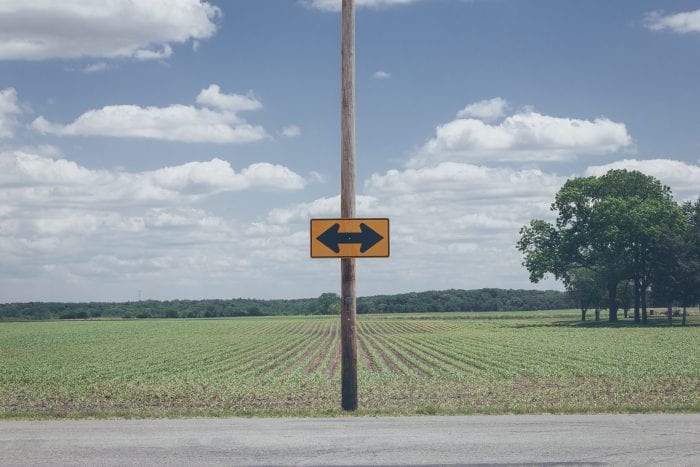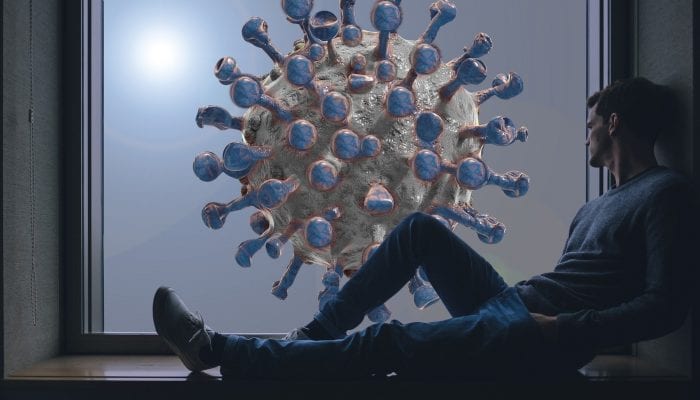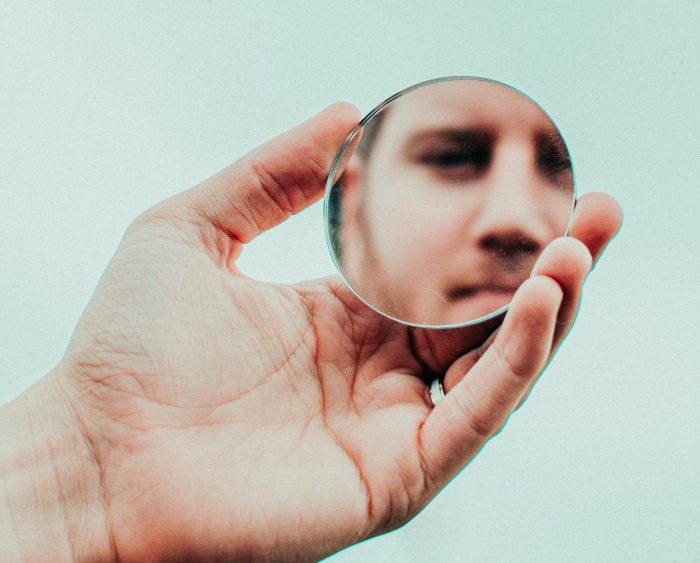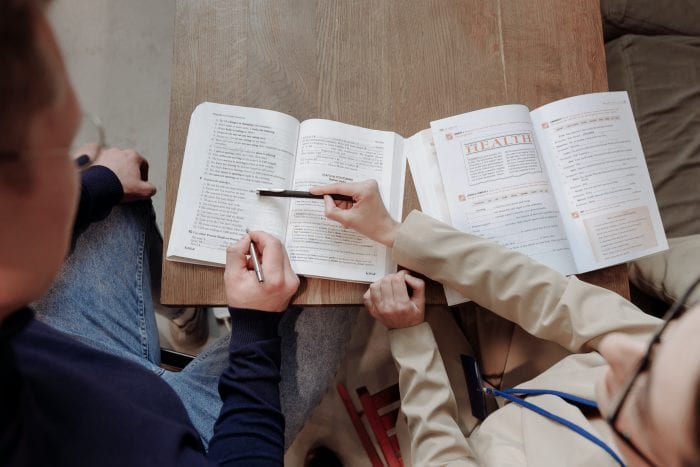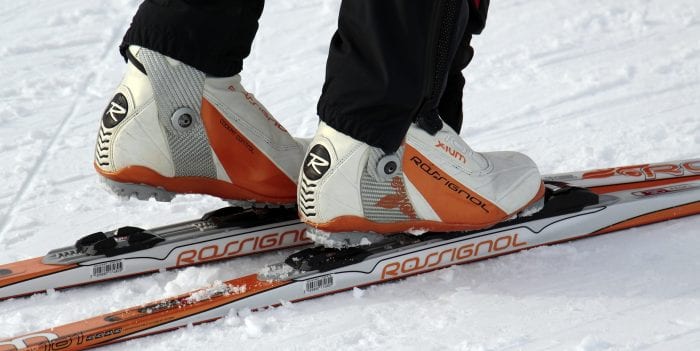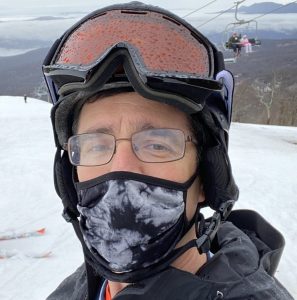By Daniel Dunaief

About 16 years ago, I stood on the warning track and held my then one-year old son high in my arms above the blue, outfield fence in right center field of the old Yankee Stadium. We asked him to extend his glove as if he had leapt in the air to catch a home run.
Now, as he prepares to graduate from high school, my wife and I are pondering the end of an era filled with the numerous triumphs and challenges of youth sports.
In the last few weeks, while we have awaited the time outs, batting glove adjustments, pauses to look for signs from the catcher, and warm up tosses by each pitcher, we have been replaying our own montage from his years on a baseball field.
A few years after his Yankee Stadium debut, our son donned a baggy uniform that hung from his slight four-year old frame, standing with his left arm out, hoping to catch a ball I tossed with a slight arc toward him.
As the years advanced, his skill set and intensity for the game grew more rapidly than the developmental rules of the sport.
Station-to-station baseball was an abomination for him. When he was six, he caught a ball at shortstop, tagged the runner jogging from second and stepped on third for, what he considered, an unassisted triple play. He tossed the ball to the mound and jogged off the field, only to hear that everyone hadn’t batted so he had to stay on the field. I can still see the disappointed look on his face as all the runners moved to the next base.
Every moment wasn’t athletic heaven. He struggled to find the strike zone when he was pitching, swung and missed at pitches he knew he could hit and suffered through the inconsistent coaching and advice of everyone from his father to the parents of his teammates to semi-professionals eager to give back to the community.
Despite playing a game of failure, he continued to venture to fields close and far for another opportunity to compete, get some exercise and join teammates who have become long-time friends.
He learned how to pick up his friends after their moment in the spotlight didn’t end the way they wanted.
He took us to places way off a tour guide’s map of the eastern United States, as we drove from single traffic-light towns, with their one gas station and one diner, all the way up to Cooperstown.
We paced along frigid sidelines, hoping darkness or snow would grant us a reprieve from frozen bleachers and numb toes. We drove on roads in which the car thermometer read 113 degrees.
When he was old enough, he stood on a 90-foot diamond, looking from third to first as if he needed binoculars to see his teammate and a strong wind to help his throw reach the target.
As he got taller and stronger, the distance became more manageable.
As parents, we made our share of errors on the sidelines and in the stands. While we told him it was the effort that mattered, not the result, he could see the joy in our faces after a win and the slumped shoulders after a tough loss.
While he’ll undoubtedly play other games down the road, that road won’t be as close as the ones we’ve traveled together.
In a recent game, our son raced back and caught a ball against the wall, in a place on the field similar to the one where he extended his tiny glove at Yankee Stadium. We have shared such a long and inspired journey between those two mirrored moments.

